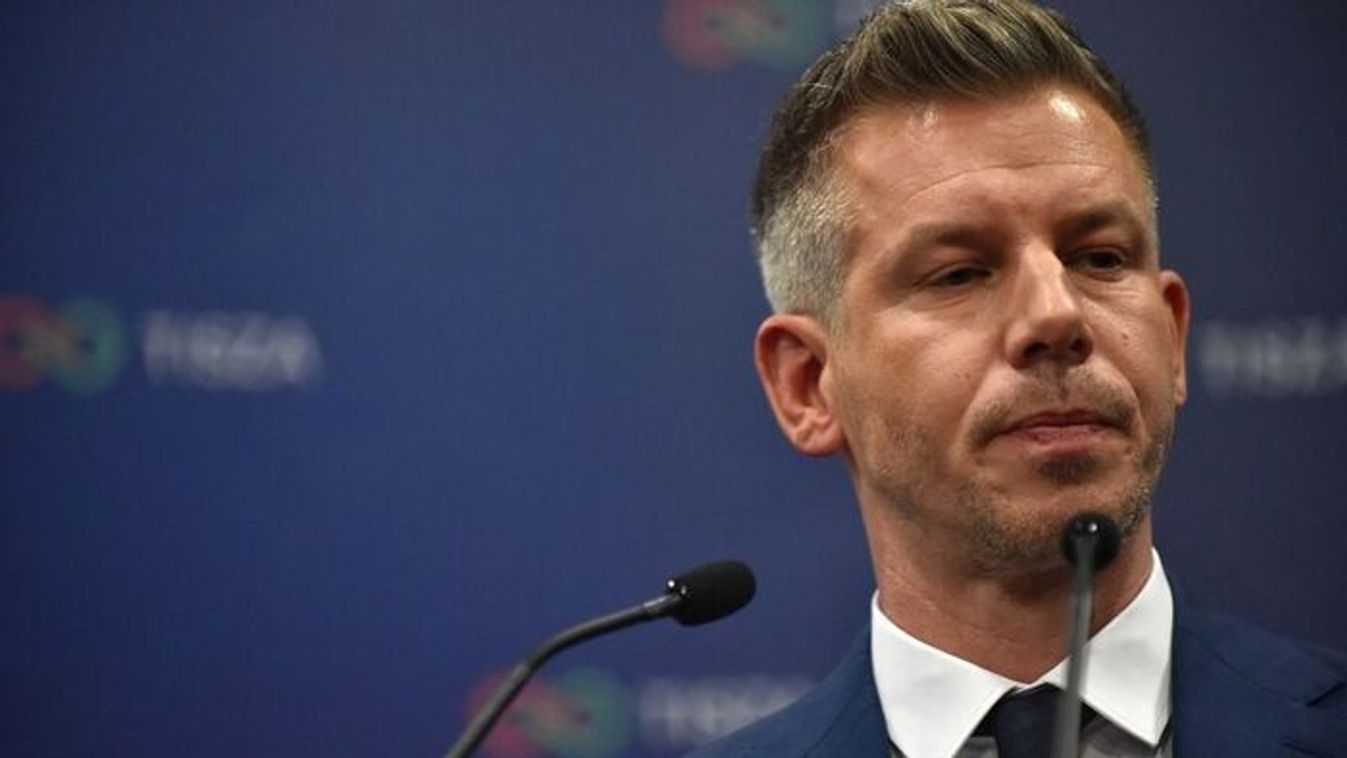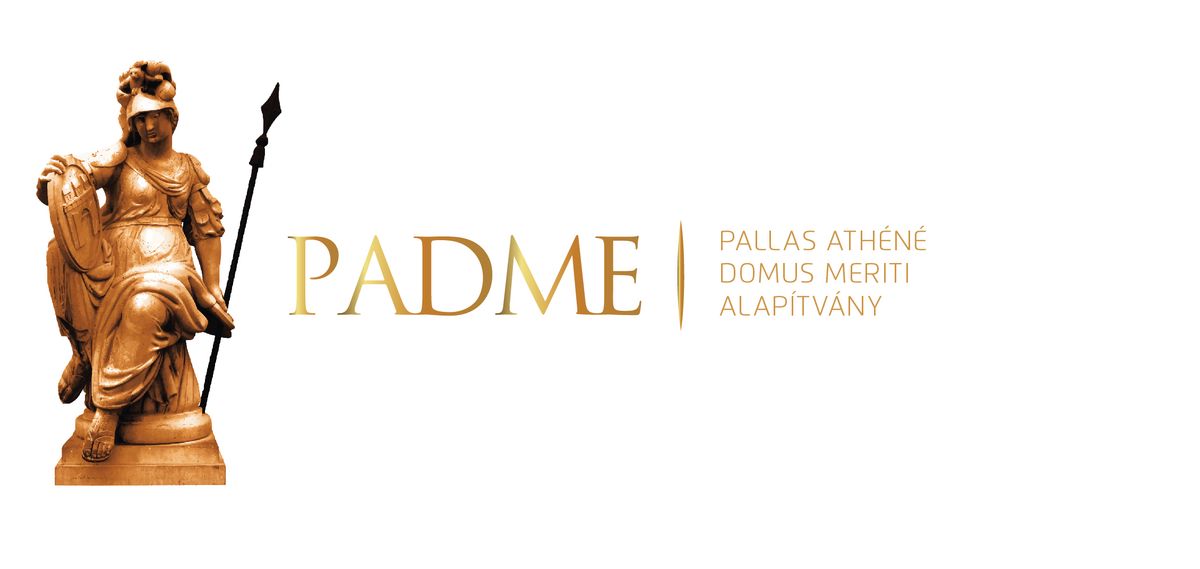Kellemetlen: elhangzott az eddigi legfontosabb mondat Magyar Péter rejtélyes videójáról

Bár a drogos bulibotrány nagyon zavaros, az biztos: Magyar Péter zsarolható – mutatott rá az elemző.

“It is easy to imagine scenarios in which the court might intervene, particularly if the election is close overall and in key states” – Jesse Richman, associate professor at Old Dominion University pointed out in a conversation with Lénárd Sándor about how the ongoing multiple crises, the key “swing states”, the remote forms of voting along with the empty Supreme Court seat might influence the outcome of the upcoming 2020 presidential election.

Jesse Richman received his PhD from Carnegie Mellon University in 2005 and is currently associate professor at Old Dominion University in Norfolk, VA. He has published articles in a number of journals including American Political Science Review, Journal of Politics, Legislative Studies Quarterly, Electoral Studies and State Politics and Policy Quarterly.

When we last spoke at the end of the last year it seemed that the impeachment would be one of the deceive factors in the 2020 presidential election. There are only a couple of weeks left to the 2020 presidential election and we know the impeachment would be only a minor factor if it will be a factor at all in the election. The coronavirus pandemic and its economic effects as well as the waves of recent protests and the new appointment on the Supreme Court will have a much more decisive impact. Because of the ongoing pandemic, the election will be held during a crisis period. Is there any historical parallel to this situation?
I can think of many examples, though it is hard to think of examples with as many different overlapping crises. The general phenomenon is known as retrospective voting – voters punish the incumbent president and party when they think things have gone wrong (and reward them when they think things have gone well). In 2008 the Republican Party lost the presidential election as the financial crisis set in. In 1992 Bill Clinton successfully parlayed a minor recession into a defeat of the incumbent. Ronald Reagan won in 1980 partly because of interrelated economic and foreign policy crises. In 1968 Lyndon Johnson decided not to run for president and the Democratic party was defeated in the face of foreign policy and civil rights / rioting crises. In 1932 Herbert Hoover lost the presidency in the face of the great depression.
I am wondering whether, and if so how, the campaign counts during elections in crisis periods.The campaign matters too: the effects are stronger if people blame the incumbent for the crisis.
There can also be what are called “rally” effects when voters support the incumbent during a crisis in a show of national unity, especially during wartime. The elections of 1864 and 1944 come to mind. In both cases the incumbent won a solid victory in the midst of war. But the public supported the policies being pursued in the crisis, and reelected the president.
The current pandemic poses a significant technical challenge with regards to the organization of this election. The Member States need to facilitate the voters’ participation while protecting their health. How can they overcome this challenge and what types of different responses did they come up with?
Most states have made it easier for people to vote remotely using the absentee ballot system, and some have moved closer to the sort of vote by mail system that several states already use. The campaigns and other groups, and in some instances state election offices as well, have been mailing voters absentee ballot applications.
Record numbers of absentee ballot requests are being received across the country.
In Michigan for instance, they have received two million requests which is more absentee ballot requests than they have ever had in a previous election. Some states and localities are also cutting back on the number of in-person polling places, which can cause confusion on election day, and potentially longer lines. President Trump has argued against vote by mail, arguing that it is less secure than in-person voting. Lawsuits about voting rules changes are taking place across the country.
There are recent examples of election results being thrown out and the contest re-run in the US because of absentee ballot fraud, including a 2018 election for the U.S. House of Representatives in North Carolina. One of the biggest risks involves so-called ballot harvesters – private and often partisan groups who collect and turn in absentee ballots for voters. Unfortunately, many states allow this practice, and Democrats have unwisely made expanding it one of their goals in litigation.
How did absentee voting and vote-by-mail evolve throughout the history of the US election law? What have been the drawbacks of them? Did voter fraud influence any previous presidential elections in crises periods?
One of the most awful instances of voter fraud impacting a crisis election was in 1876. The economy was not doing well, and the Republican Grant administration was plagued by various scandals. As a result, the 1876 Republican candidate needed support from states in the South to win. Democrats in southern states were using a wide range of intimidation tactics to try to disenfranchise Republicans and especially Blacks. The result was a set of badly tainted election outcomes in key states. It nearly came to war. Ultimately a compromise was agreed to in which Republicans won the presidency but efforts to protect the civil rights of freed slaves in the South were abandoned, setting up a long period of tyranny and oppression in the southern United States in which political and economic rights for non-whites were brutally suppressed in a wide range of ways.
Absentee voting began in the US principally to allow soldiers who were away from home during war to cast ballots. The first widespread adoption was during the U.S. Civil War in the 1860s. It was politicized then, with Democrats opposing absentee balloting, arguably because they thought soldiers would vote for Republicans. Absentee voting has gradually expanded, and today most states permit absentee voting for registered voters without excuse – at the choice of the voter. A few states in the Western US beginning with Oregon and Washington have moved beyond this to vote-by-mail where some or all registered voters are sent a ballot by mail automatically.
You have been researching the fraudulent participation of noncitizen immigrants in US elections. How will in your view the increased level of vote-by-mail influence their behavior during this upcoming election?
We are in a somewhat new circumstances in terms of the level of encouragement being given to absentee and vote by mail options. But in past surveys, those who said they were noncitizens and that they voted were more likely to report voting in person than other groups of voters. This suggests that the move towards vote by mail might depress participation by noncitizens.
As you previously mentioned there are a couple of examples for crises elections in the US history, such as the presidential election of Abraham Lincoln in 1864, Franklin D. Roosevelt in 1932 and also in 1944 or Jimmy Carter in 1980 if we think of the Teheran hostage crises. I am wonderinghow the current crises might influence the election.
As I mentioned above, crises are usually bad for the incumbent with the caveat that this is conditioned by whether voters think the incumbent is responsible for the crisis (or for not doing a good job of addressing the crisis). Thus, a crucial part of the campaign contest in the US involves who is to blame for the current crises, and how well those crises have been handled.
For instance, Democrats argue that Trump has mismanaged the pandemic, and during the summer they pointed to the much lower daily case counts in Europe as evidence that the US could have done much better. In July Trump’s approval rating reached its lowest point at about the same time US daily cases were hitting their highest levels even as Europe had very low levels. To the extent that US daily cases come down, and European daily cases go up -- as happened to a degree in August -- that argument becomes more difficult to make.
A related but different blame game is being played on the economy. Trump and his supporters are arguing that voters should focus on how well the economy was running pre-pandemic, and to varying degrees have sought to place the blame for the economic crisis on Democrats. Democrats take the view that Trump is responsible because he mismanaged the pandemic responsible for the economic damage.
Another fight over responsibility is going on concerning racial tensions, police brutality, and rioting. Each side is attempting to frame the narrative in ways that place blame on the other. Unfortunately this also may be escalating the violence.
However, the pandemic and economic crises or race riots might not mean as much in the election since Supreme Court Justice Ruth Bader Ginsburg, doyen and icon of the progressive movement recently passed away. This gives President Donald Trump the chance to name her replacement. How in your view could these late events influence the outcome of the Presidential election in light that one of Trump’s key achievement has been his successful “judicial politics”.
The U.S. Supreme Court exercises broad power, and court appointments – judges serve for life -- have become extremely politicized. Republicans argued in 2016 that consideration of nominations to the court should wait for the new president. Democrats argued against. Now, for both parties, the shoe is on the other foot. Trump will make a nomination, and the Senate will likely begin consideration. It will be another issue motivating partisans on both sides.
Americans will elect a President but will vote for an Electoral College on November 3 that reflect the unique roles of the Member States in the election process. Which States should in your view we -- and of course the candidates -- need to pay a close attention to?
To win the presidency, candidates must gain the most votes in enough states. Some states are almost certainly voting for a particular candidate. California for instance will almost surely vote for the Biden-Harris ticket.
The old certainties seem to be eroding about which states are so called “swing states” crucial to victory. One area to watch:
the newly competitive states in the South like Texas and Georgia
which are shifting politically as a result of changing demographics and coalitions. Also interesting to watch are the states in the upper Midwest like Wisconsin and Michigan. These had been part of Obama’s electoral “blue wall” but voted Trump in 2016. In the early returns I will be watching Pennsylvania, Florida, and North Carolina most closely.
How could the remote forms of voting influence the election?
This is one of the reasons why I will put considerably less weight on any of the results I see on election night this year. The move towards absentee voting and vote-by-mail is happening much more on the Democratic side. Therefore, especially in states where mail-in ballots are counted even if they arrive after election day on November 3rd, the vote totals may change substantially in Biden’s favor in the days after the election. This could set up a very tense early November if Trump initially seems to have won big, but Biden then closes the gap.
The Supreme Court might be at the center of this election not simply because of the replacement of Justice Ginsburg. It was exactly 20 years ago that the Supreme Court had to step in the election process to prevent the Florida recounting from growing into a national scandal. Under these circumstances how likely in your view, will the judiciary have a say in this election?
Both sides have staffed up on lawyers and there are already many lawsuits. Protections and limits on absentee voting are being cast aside as the pandemic is motivating major changes in the election rules even as votes are starting to be collected. It is inevitable that some of these cases will be appealed to the Supreme Court. And because these decisions (e.g. when should counting of late absentee ballots stop being counted) could potentially shape who wins the election,
it is easy to imagine scenarios in which the court might intervene,
particularly if the election is close overall and in key states.
Is there any earlier precedent that a president was somehow prevented from actively participating in a presidential campaign? How might in your view the infection of the President Trump influence the election?
The influence on the election will depend upon how severe Trump's case is. Trump benefits from sympathy, and from Biden's decision to pull negative advertising. A rapid recovery could also align with Trump's efforts to minimize the severity of the virus. On the other hand, this could also play into Biden's attacks on Trump's leadership of the virus response, and it prevents him from campaigning. One precedent both Trump and Biden might look to is that through 1900 many presidential candidates stayed home in so-called "front porch" campaigns, arguing that traveling the country seeking votes was undignified. Trump will have to briefly shift to this sort of mode, though if he recovers rapidly, it seems likely he will be back to campaign rallies soon.
***
A cikk a Pallas Athéné Domeus Educationis Alapítvány támogatásával valósult meg.
